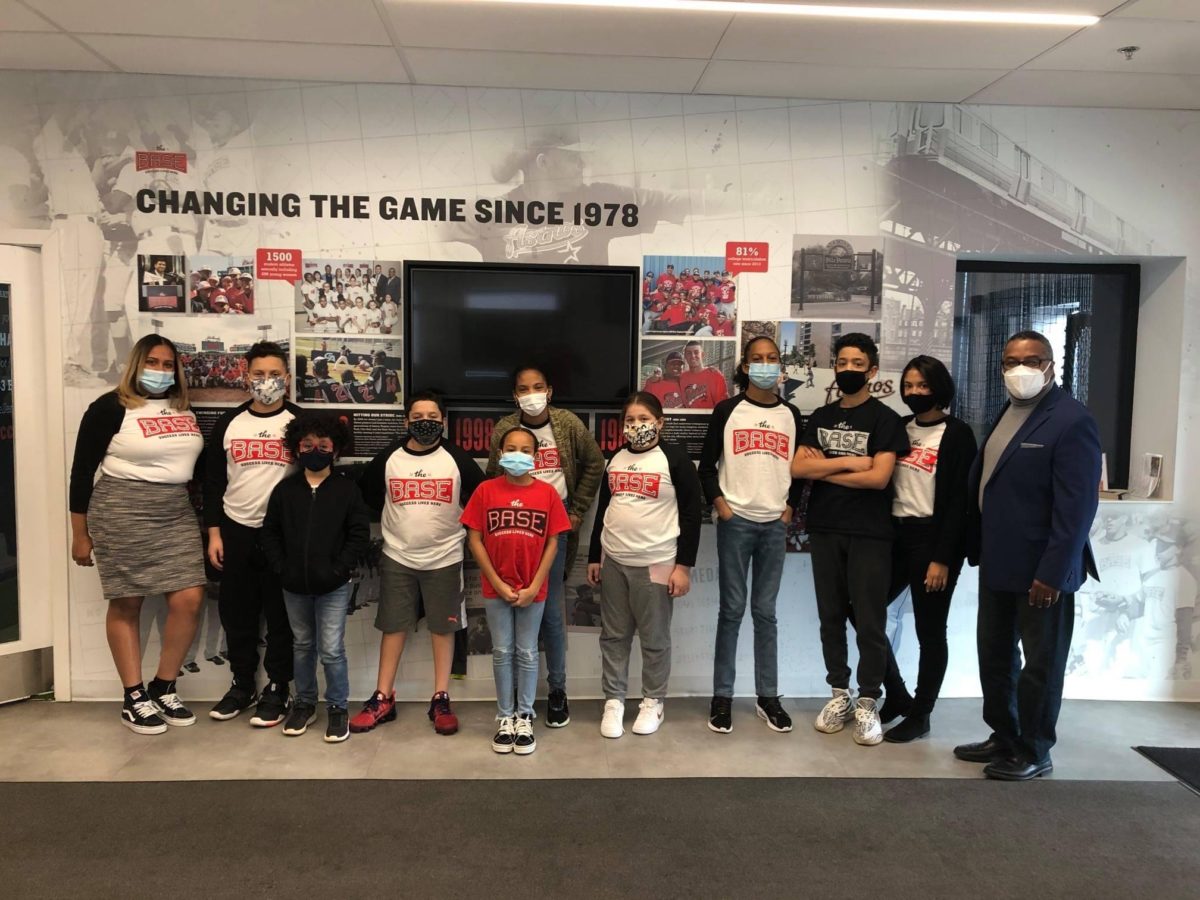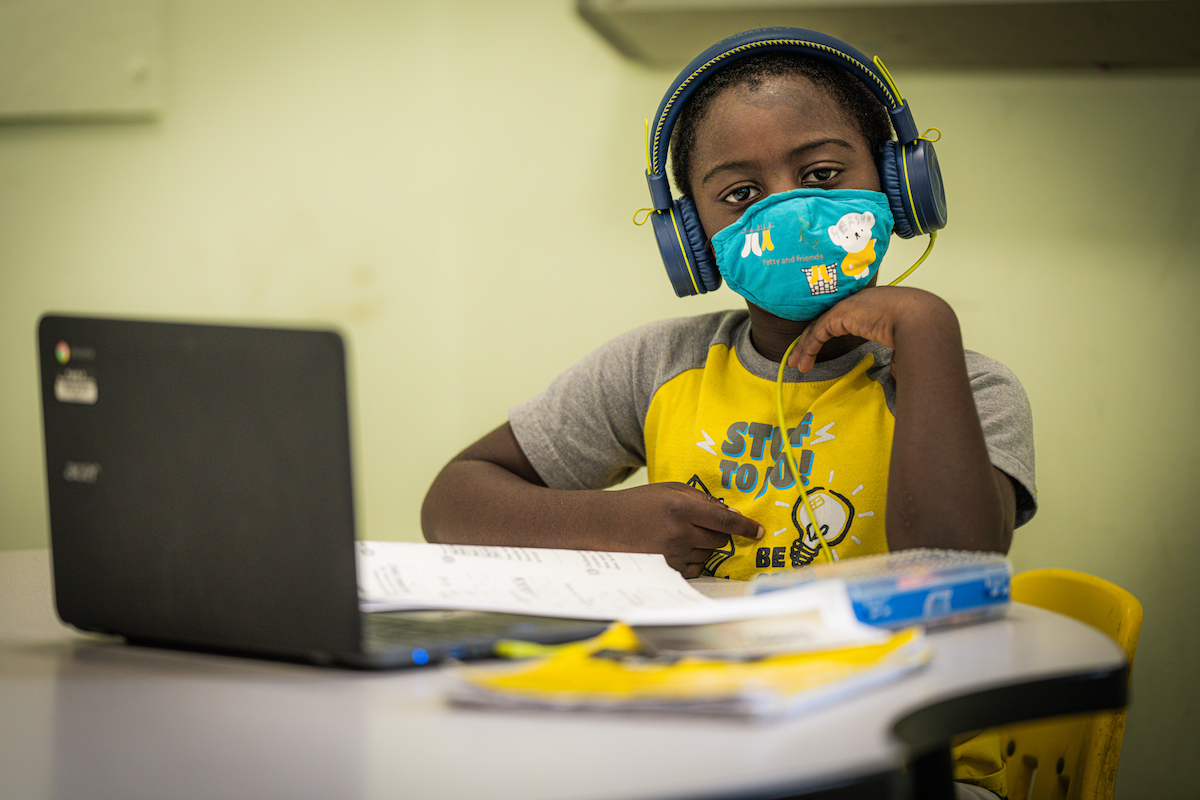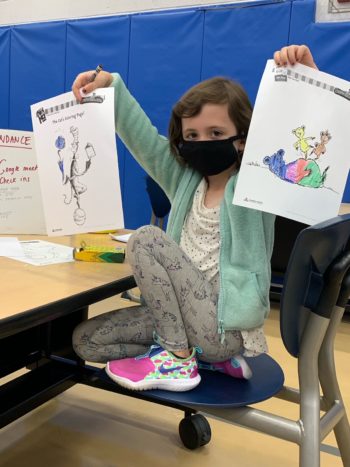Community Learning Collaborative provides a solution to the key issue facing low-income and working families in the City of Boston: how to ensure that children are cared for, safe, and getting academic, social, emotional, and physical/recreational support while their parents work and schools are not open.
At the same time, this project also seeks to address a larger need: identifying and documenting best practices that will help educators, reimagine and retool public education in Boston, leading to the elimination of persistent opportunity and achievement gaps.

The leaders of the four organizations (Vanessa Calderon-Rosado-IBA, Amanda Fernandez-Latinos for Education, Robert Lewis-The BASE, James Morton-YMCA) have longstanding relationships. While the Community Learning Collaborative proposal addresses the short-term need brought on by the Coronavirus pandemic, the work behind this project began in December 2019. It was then that the four project leaders began working together as a collective group to develop ways to reimagine education in Boston. The work paused during the Covid-19 crisis as the leaders were providing emergency relief efforts (hunger prevention and emergency childcare) to thousands in need in the city.

Given the challenges facing Boston’s working parents and their children during the Covid-19 pandemic, and with the imminent start of the Boston Public Schools academic year, the group was faced with the “fierce urgency of now” to support the needs of working parents and their children. Through this urgency the group developed the Community Learning Collaborative. The need was obvious and overwhelming: in the City of Boston, there may be over 50,000 students who won’t be able to be in their school building. The Community Learning Collaborative developed the Community Learning Collaborative model to provide students with the educational and enrichment services they deserve and need so their parents can work and earn a living.

An additional need is hunger prevention. According to Project Bread, Massachusetts’ leading hunger prevention agency, Boston Public School students consume on average 50% of their daily calories at school. With the closing of schools, combined with the rise in unemployment, the necessity of social distancing, and other factors, food insecurity and hunger have increased dramatically in the past 6 months. Through this program, youth will receive two meals and one snack each day, provided by the YMCA.
This project, however, is also designed to create conditions to reimagine and redefine public education in Boston. The goal is to use our collective voices, and those of our allies in education, government, business, and the nonprofit sector to foster long-term improvements that shift the educational paradigm for our children and eliminate the opportunity and achievement gaps that have plagued Boston for many decades. There are many ways to define the opportunity and achievement gaps, and they are well known to educators and non-profit leaders.




